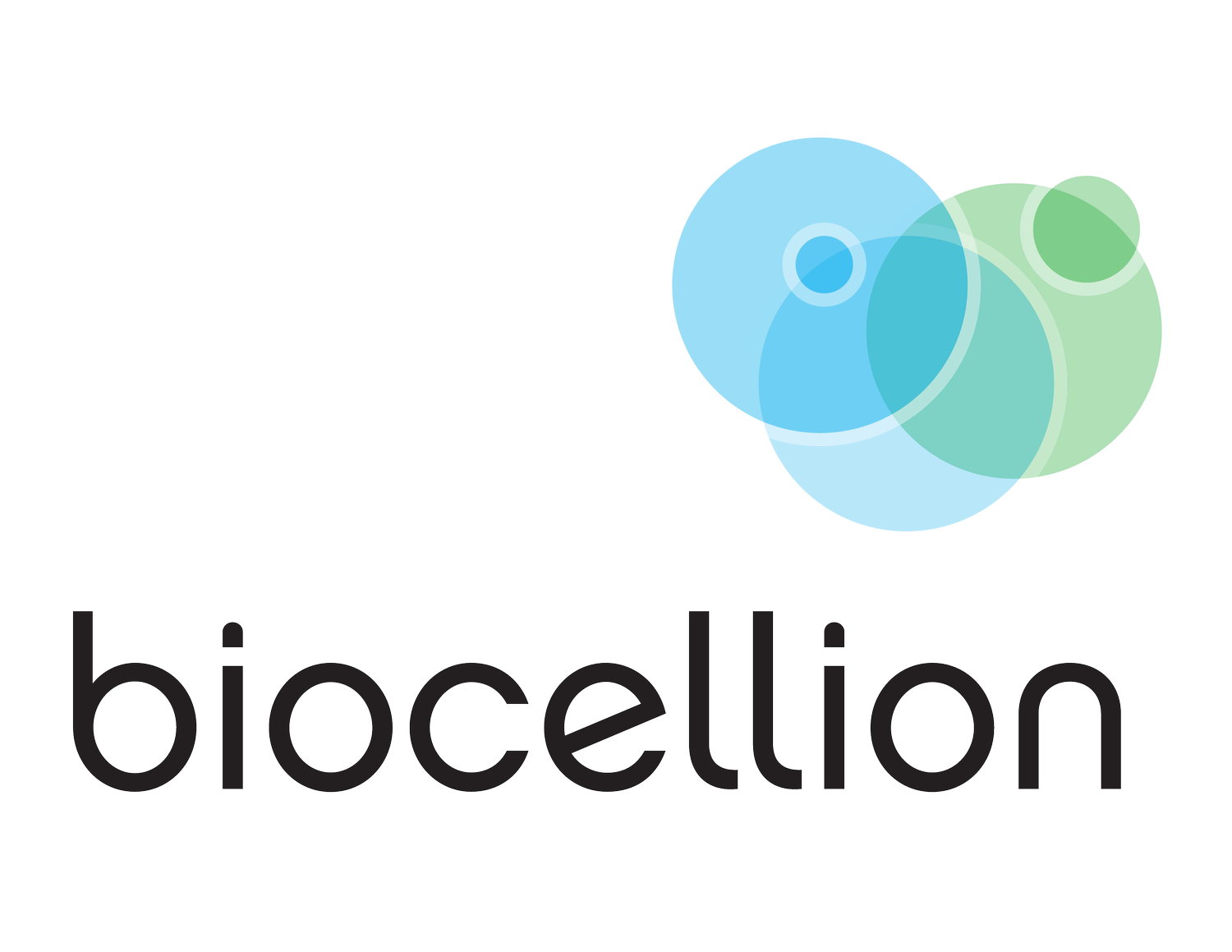Our Mission
Purpose
We're helping solve the global food crisis, improve health and create more efficient biofuels and chemicals. We’re accomplishing this by helping companies more efficiently produce cells.
To meet increasing quests for innovation in these categories companies are growing cells in bioreactors, large stainless-steel tanks reminiscent of those you would see in a brewery. Our team at Biocellion is focused on making cell production more efficient for cellular agriculture, regenerative medicine and biofuels:
Cellular agriculture is addressing the fact that the world’s population is growing faster than we can feed it. By 2050 a full-scale crisis is predicted. To meet increasing demands companies are growing meat and fish in laboratories.
In medicine bioreactors are producing cells to treat conditions such as leukemia, diabetes and heart disease. Cells are also being used to create new vaccines and drug therapies.
For biofuels and other chemicals, bioreactors provide sustainable and specific methods for producing chemicals. Conditions that optimize cell growth and yield can be controlled, helping for example to reduce our dependence on fossil fuels.
Bioreactors currently are not meeting their full potential for cell production. The variables to be controlled in a bioreactor are many, and experimentation is costly, in money and in time. At Biocellion we’re working on YAcc, Yield ACCelerator, a virtual simulation that will predict the bioreactor settings that will optimize cell production, quickly, increasing the efficiency of bioreactors.
The result: we’re helping avert the food crisis, advance healthcare and ensure a more sustainable future.
Our History
Origins
Biocellion SPC was incorporated in Washington State in 2013 to advance the development and application of computer modeling and simulation software to accelerate progress in life science industries. The Biocellion strategy is to model not just proteins or a single cell, but to model the entire living system scenario including the equipment in which the cells grow. This is called “whole-system” modeling.
Biocellion’s first order of business was to commercialize the Biocellion software project initiated by the company founder, Dr. Simon Kahan, at the Pacific Northwest National Laboratory. This origin story is captured here in a six-minute documentary. Commercialization included multiyear paid engagements with R&D laboratories at P&G simulating skin tissue response to topical products and at Celgene simulating treatment of multiple myeloma, a blood cancer.
Biocellion’s commercial R&D engagements provide proof-of-concept of its whole system modeling approach. However, R&D resides in customer cost-centers with limited budgets dedicated to one-off explorations. So, Biocellion’s second order of business was to identify a more scalable business model. Applications in customer profit-centers justify high margins due to their direct, measurable impact on the bottom line. Providing a solution to a pain point that many customers encounter in a profit-center is the basis for a scalable and profitable business model.
In 2018, Cultivated Meat
In 2018, Biocellion identified an industry destined to encounter such pain points: cultivated meat. There, delivering diverse kinds of meat from cells inevitably involves innovation and optimization of the cell production processes, long after R&D to identify cell lines and to create prototype products is complete. Innovation and optimization of production processes require repeated experimentation. Virtualizing that physical experimentation to make it faster and cheaper is a perfect application for Biocellion’s whole-system strategy.
In 2019, Cultivated Meat Modeling Consortium
However, the cultivated meat field is only emerging slowly. The customers had no revenue in 2018 and few have revenue today. Recognizing the enormous yet nascent potential to develop a scalable business model in cultivated meat, Biocellion in 2019 chose to create a consortium of companies to pool together resources dedicated to the application of computer modeling and simulation in cultivated meat: the Cultivated Meat Modeling Consortium (CMMC, thecmmc.org). The CMMC was spun off as an independent nonprofit organization in 2024. Biocellion retains rights to use whatever Intellectual Property the CMMC produces.
Through its history and development of the CMMC, Biocellion SPC has identified the existential pain point in cultivated meat and cell agriculture. Namely, it is the challenge of growing cells as quickly and inexpensively as possible.
Today, Including Pharmaceutical and Chemical Industries
It turns out also to be a pain point in the pharmaceutical and chemical industries. Biocellion SPC’s proposed YAcc technology is the key solution technology. Simply put, YAcc predicts the rate of cell growth in a production process without requiring the physical realization of that process. The best alternative to YAcc are costly and slow physical experiments growing cells. No one wants that.
“NO” to costly and slow



